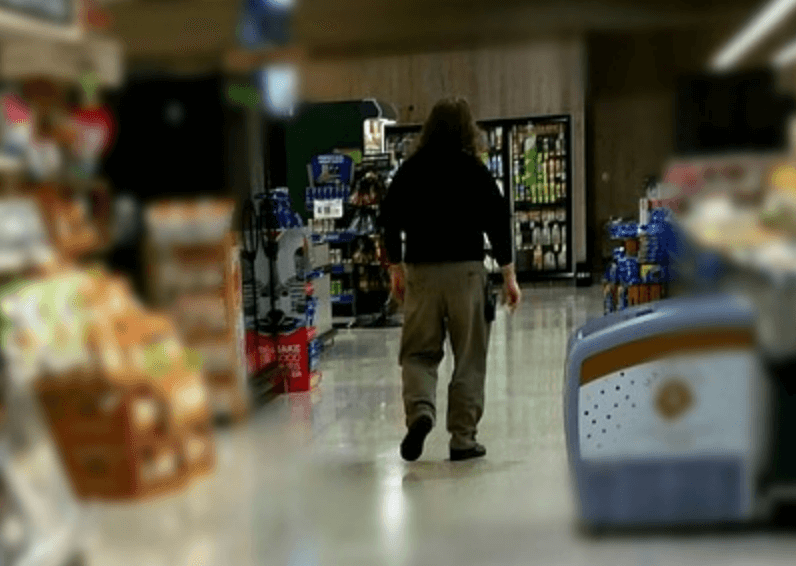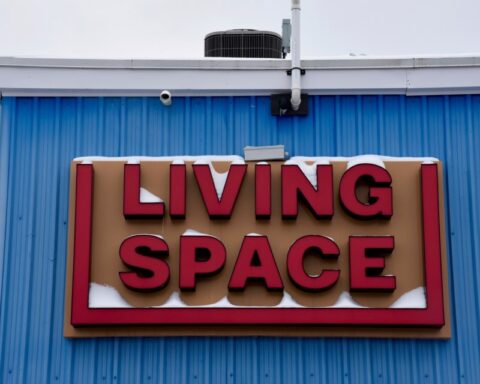About a decade ago, I came to Canada in pursuit of my love for the English language. And I stayed, after falling in love with a Canadian woman. My love for Canada as a nation came a little bit right after. And it hasn’t changed a bit.
Overall, of course, I have mostly great things to say about Canada. But at the same time, as a so-called ‘outsider’ I’ve witnessed, first-hand, how the perfect ideal of a multicultural Canada is not, unfortunately, that perfect.
The massive protests being held across the country over the past weeks have been justified. Racism in Canada is a thing, and it’s not as subtle as one would like to think. And I’m a guy coming from a mostly mixed-race country that I love, but where hate crimes against black people are undeniably happening right now.
Confronting racism
As a Latino, I have encountered racism a few times. One of the most significant of them is what I like to recall as ‘the curious incident of the racist woman working at my local supermarket.’
I never knew her real name. So let’s call her ‘Dotty’.
Dotty and I were no strangers. Every time I visited my local grocery store, she’d be there. As I walked up and down the aisles, there she was, restocking a shelf, or picking up misplaced items. Oh yeah, she was also watching me.
One time, when my eyes met hers I saw an opportunity to meet a new friend and I said: “How you doing?”
She smiled back and nodded.
We continued this routine for several months. In my mind, I had found my white friendly face to say hello to. Somehow I thought I made it into the community, I was “integrated”. Soon afterwards, a couple of bus drivers, librarians at my local centre and the cashiers at the train station were part of my “gang”. But all of them were like me: immigrants with an accent.
Unfortunately, our little supermarket fairytale was shattered one day when Dotty and I were joined by a third wheel. I looked at her, but she wasn’t looking at me exactly. Then I heard this:
“Do you think I’m stealing again?”. The voice was right behind me.
Quickly turning around, I saw a Black woman, in her late 20s, half my size but double my dignity, looking at Dotty very angrily while holding a box of cereal bars.
I looked at Dotty as well. What was happening? I was confused by what had just transpired in front of me.
But she wasn’t my friend Dotty anymore. Her face was different. She looked at the other woman, not offended, but upset. She scoffed and left.
After a moment of reflection, I realized why Dotty was always around when I was shopping. It wasn’t because she liked me, no, not even close. She was just following my every move because she was watching me, to see if I was trying to steal anything.
Thinking back, the irony is that while I never even considered stealing anything from the store, she did far more damage to me. She stole my feelings.
As I said, to me Dotty was the epitome of the ‘nice white’ people I had met while in Canada. So it was hurtful to understand that deep down, she wasn’t all that different than the delivery man who told my friend and I to “speak English” at work, or the supervisor I had, who said he would only call me “R” because “Raul” was, according to him: “a name way too difficult to learn”.
That was a painful reminder that racism isn’t always front and centre on people’s faces. But it is in their minds, bubbling away below the surface.
Canada is still an ‘unfinished project’
To me, it’s all part of the unfinished project that is Canada. On one hand, when you arrive as an immigrant, you see everyone touting multiculturalism. You see governments of all levels saying they are trying to right historical wrongs, such as how Indigenous people were treated under the Indian Act and residential schools.
On the other hand, there’s still the indisputable fact that systemic racism has long existed below Canada’s shiny internationalist veneer. One need not look hard or far to unearth stories of people experiencing racially-motivated threats, slurs, or physical violence and death.
Even more than my incident with Dotty, which is an issue that still happens around to more people, I think about how a relative of my wife, who is a Canadian-born Central American brown woman, repeatedly comes into contact with police officers for no good reason. It’s not exactly carding, but it’s deeply uncomfortable anyways.
Racism is alive and well in Canada. Admitting there is a problem is an important first step. What matters now is how we decide to collectively address the problem to build a better country.
Remembering a very common Latino expression infamously used to break up with someone, “It’s not you, it’s me”, I decided to recently pay Dotty a visit. I found out she was not working at the grocery store anymore, for reasons I didn’t bother asking. I just wanted to tell her that whatever happened between us was not on me. It was all on her.
Raúl A. Pinto is a Chilean journalist with a decade of experience in Canada, working for radio, television, print, and digital media. During his career, he has interviewed a variety of people, from undocumented migrants to the Prime Minister of Canada, as well as movie stars, writers, artists, business people, politicians and others, with coverage almost exclusively directed to the migrant community. He has been nominated twice for Journalist of the Year at the Canadian Latin Awards, and won in 2019. He is married to Sandra and is the father of Ana and Lucas.





